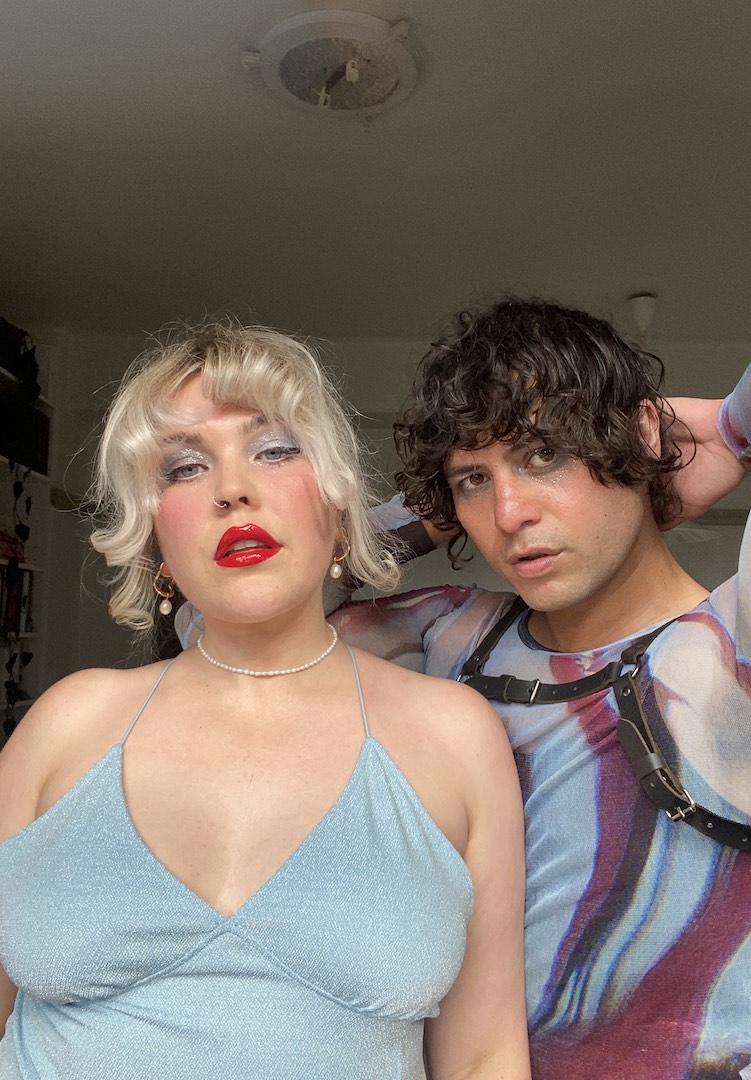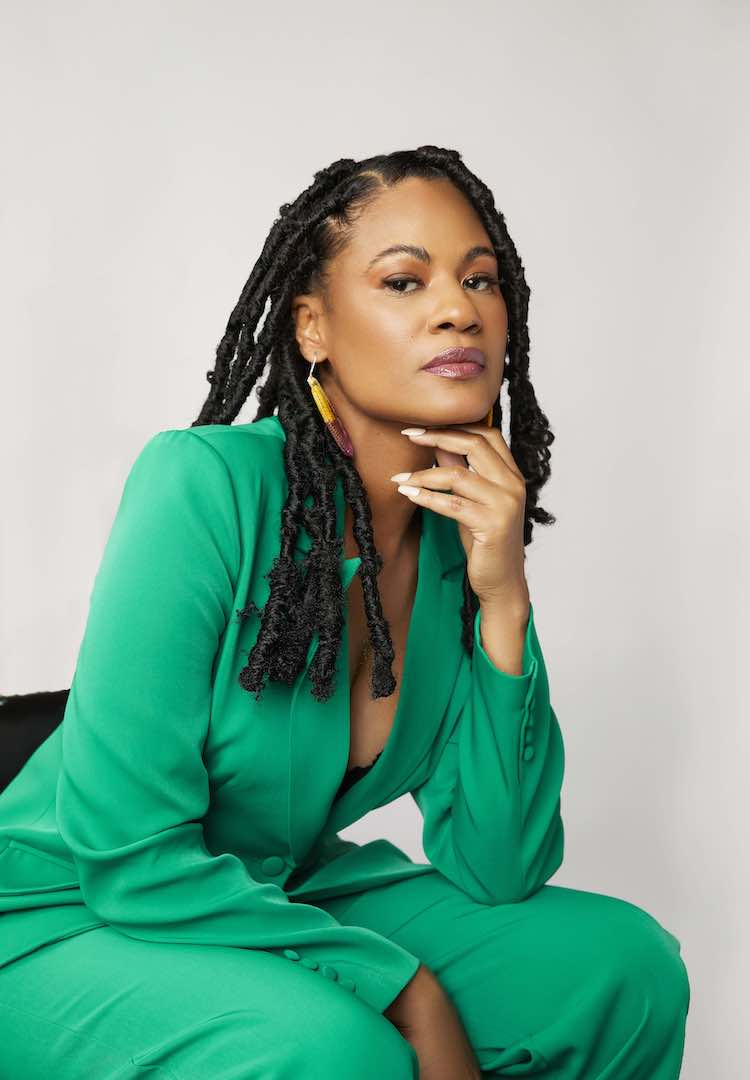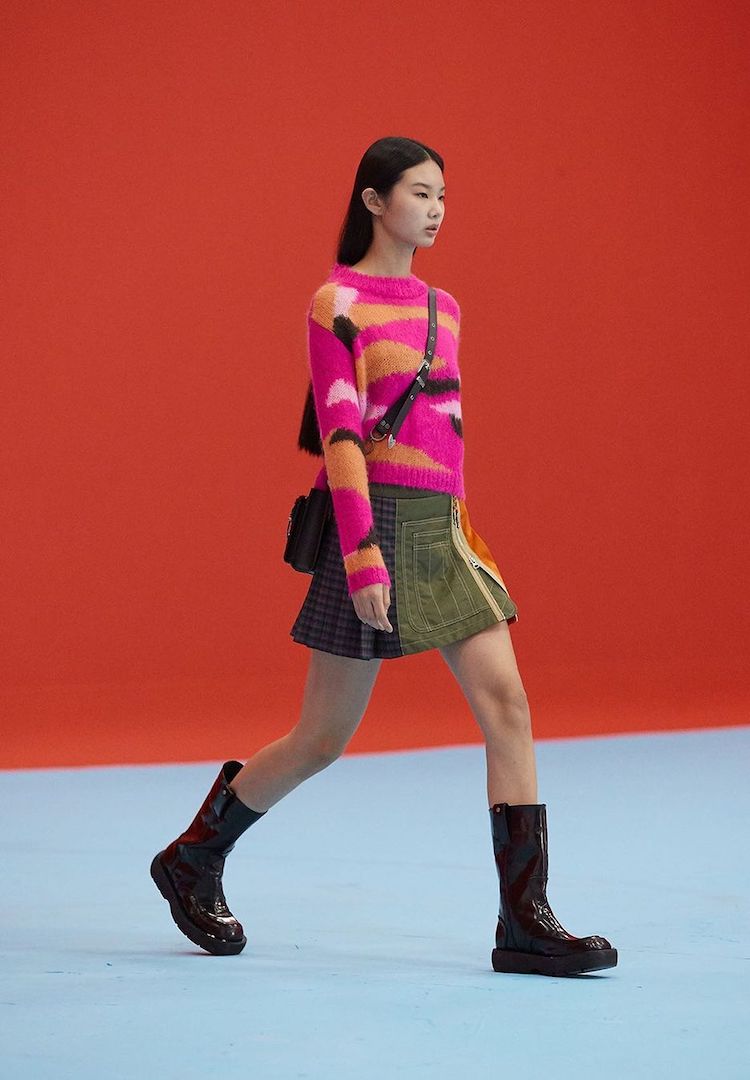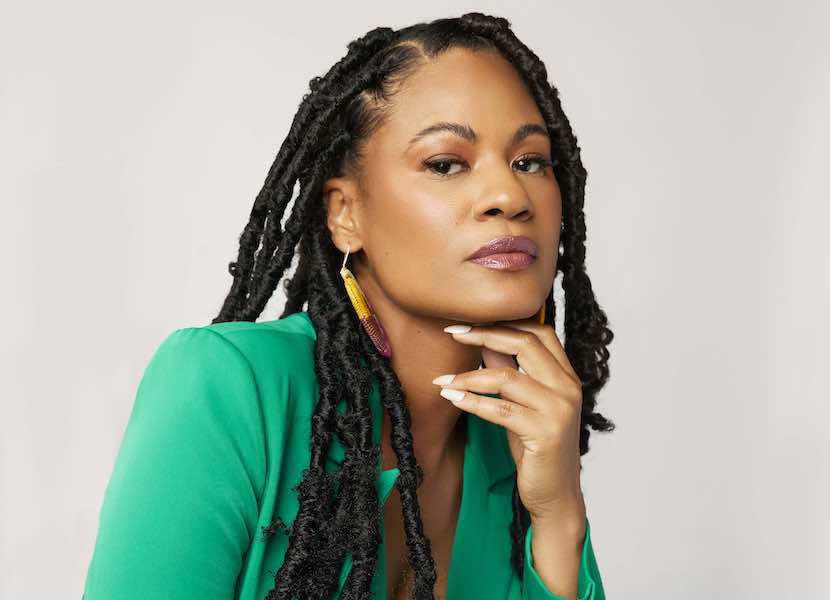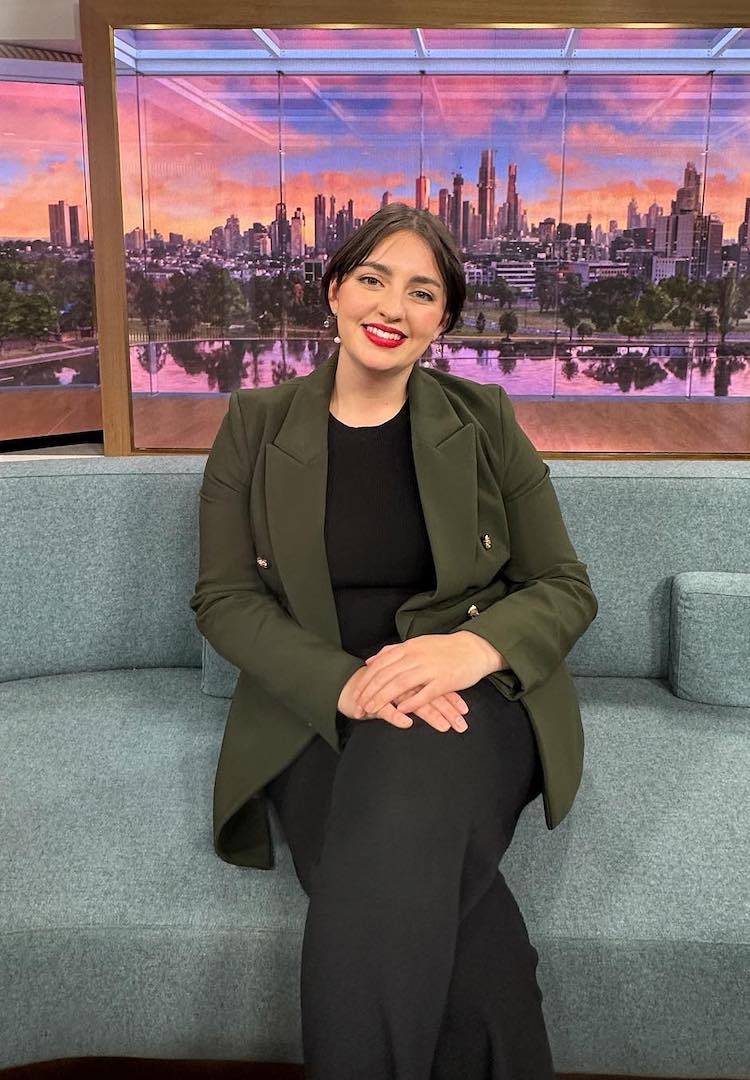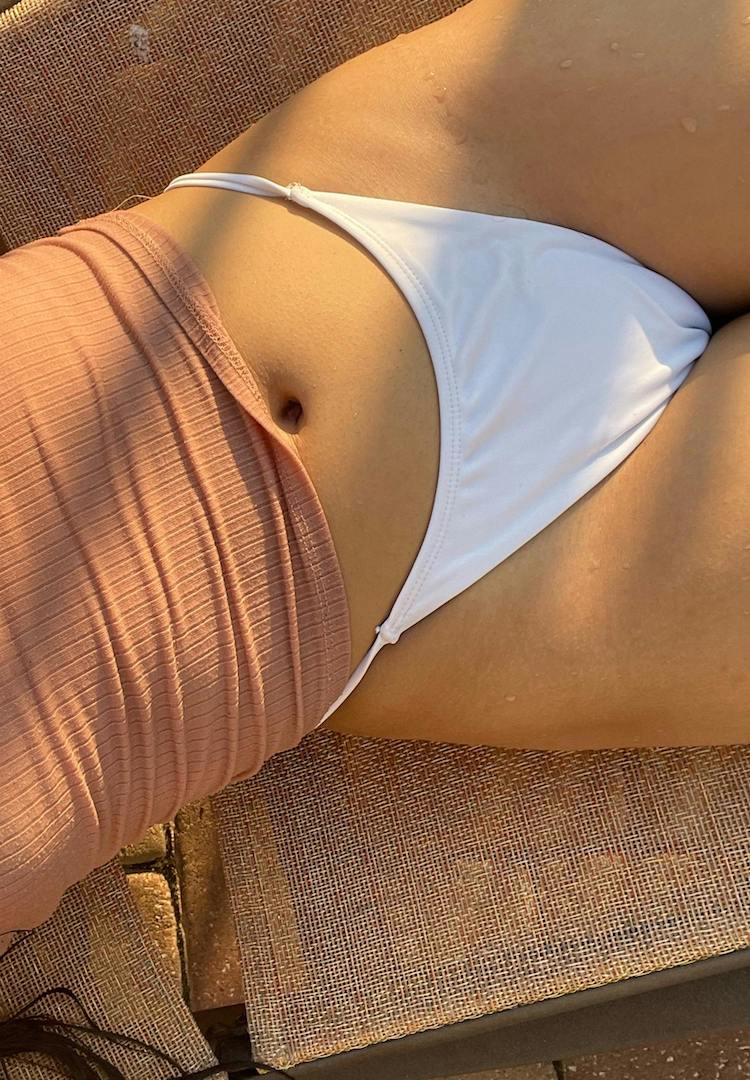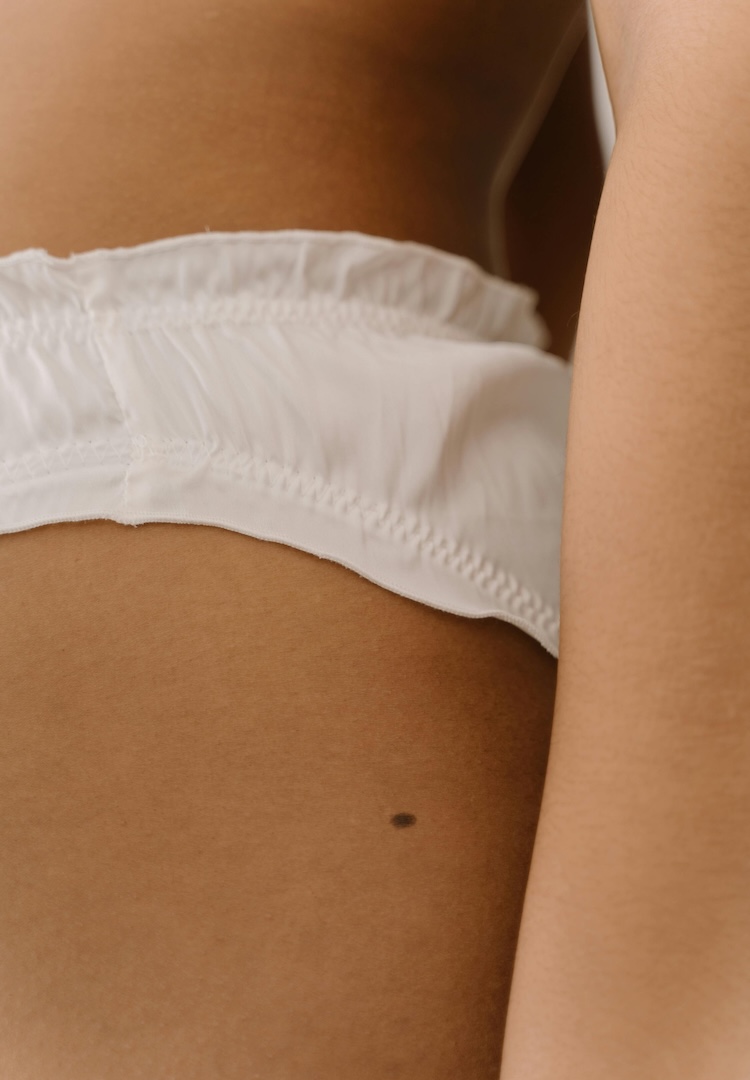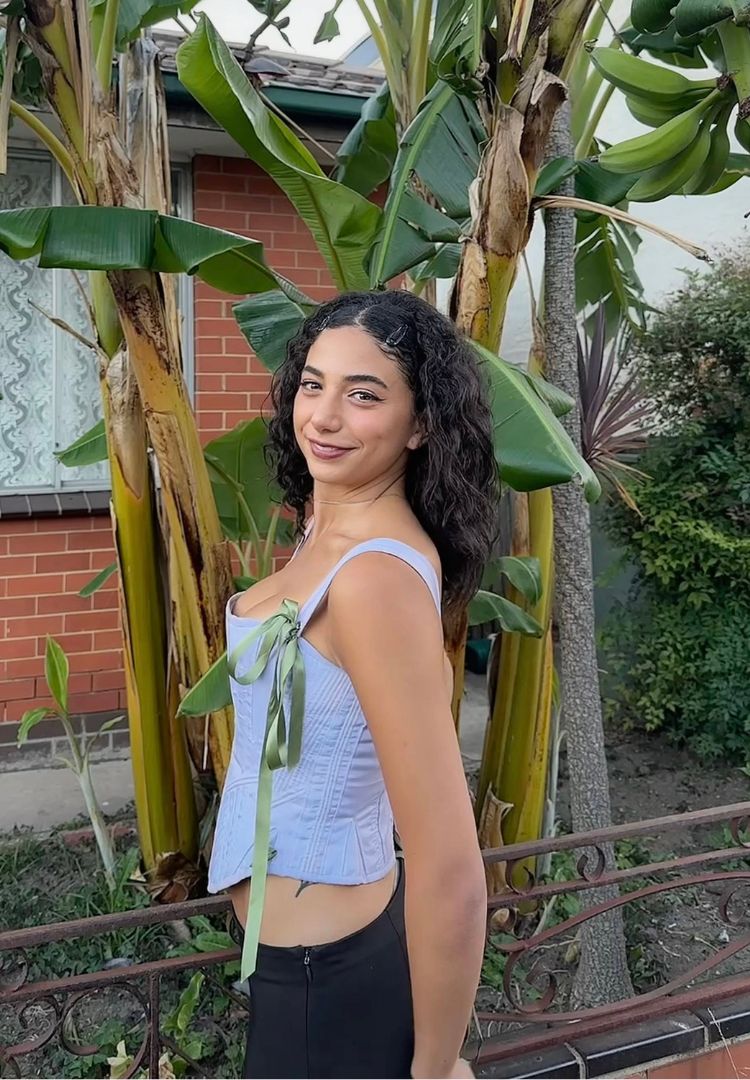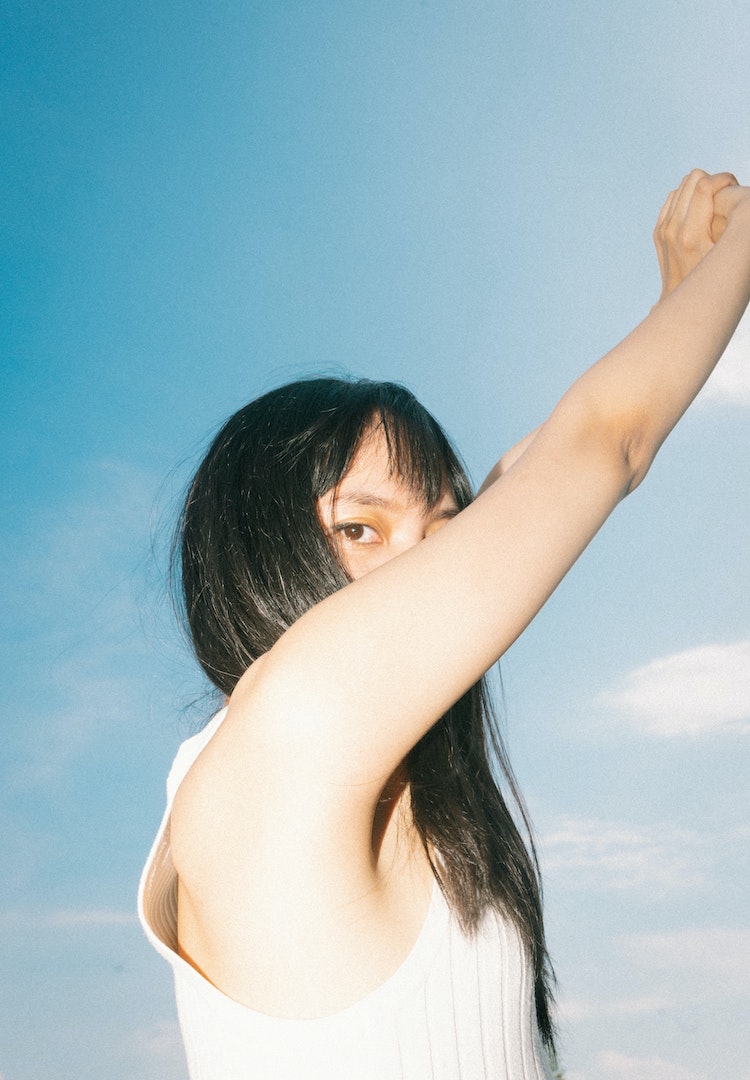An excerpt from ‘Gigorou’, Sasha Kutabah Sarago’s love letter to Black women
PHOTOGRAPHY BY NYNNO BEL-AIR
WORDS BY SASHA KUTABAH SARAGO
“Discovering my Blackness – understanding it, proving it, rejecting it only to reclaim it again – was one hell of a rollercoaster ride.”
When I look in the mirror, I’m staring at a brand new person. Who she’ll be 18 months from now is anyone’s guess. But I can’t wait to meet her. This type of self-love wasn’t easily forthcoming for me. It’s tough, and it’s certainly not pretty, peeling yourself up from ground zero. But, phew! Mama, I made it! And I’m just getting started.
Self-loathing and contorting myself into what society wants me to be is a shit show behind the scenes, compared to the highlight reel I, and others, post on Instagram. When you are more than a monolith, your journey is challenging. There’s no handbook given to young girls on navigating a world that refuses to see them.
By now, you’re probably wondering what gigorou (jig- goo-roo) is. Gigorou means beauty or beautiful in Jirrbal, my grandmother’s language. Since I can remember, I didn’t feel gigorou; in fact, the complete opposite. I did what most young women do. I went in search of my beauty in all the wrong places.
I read Cleo, Cosmopolitan and FHM magazines for tips on becoming thinner, desirable and more attractive. I watched the Miss Universe pageants and the video vixens from hip-hop and R&B videos. I even turned to Steve Harvey’s Act Like a Lady, Think Like a Man to figure out what femininity was, and where I was going wrong.
I have always been fascinated by beauty. My mother was a beautician and owned Majal Beauty Salon in Cairns. As Mum’s assistant, I had the behind-the-scenes scoop on all things beauty. But it was Beverly Johnson, Louise Vyent and Iman’s 1989 ‘The most unforgettable women in the world wear Revlon’ campaign that planted the seed in my mind – the vision of becoming a Black supermodel. So, for me, there was no escaping the industries that can leave people vulnerable – questioning their worth.
As a Black model, I’ve spent years knocking on fashion’s door. Mimicking Western beauty standards; trying to convince the gatekeepers I was the one for the job. But they didn’t tell me about the fine print. I would never be enough, not by their rules. I watched my mother make other women look and feel beautiful, and I wondered what the secret was to cure my insecurities.
As young girls and women, we are up against the battle of the beast: patriarchy, capitalism and privilege. We didn’t have the language to pinpoint what we were experiencing in my day. Now I know it as colourism, internalised racism, sexism and misogynoir. Growing up, I was dedicated to persuading people to see me as Sasha instead of a fraction: half, quarter or mixed. Discovering my Blackness – understanding it, proving it, rejecting it only to reclaim it again – was one hell of a rollercoaster ride.
Part of my healing journey to reconcile my childhood and ancestral wounds was launching Ascension – Australia’s first digital lifestyle platform for women of colour – to celebrate our sistas by reinserting us into the conversation of fashion and beauty in this country. I also stepped onto the famous red dot and redefined beauty in my TEDx talk, ‘The (De)colonising of Beauty’. Setting the record straight, I get to reclaim my femininity – authentically – on my terms.
Writing Gigorou was hard, but it encouraged me to confront a dark past I’d hidden away. And hang up the masks I put on to anaesthetise the pain and to deceive others. What forced me to purge was writing off the tail-end of a COVID-19 lockdown. That and the tragic death of George Floyd, and the Black Lives Matter uprisings – what I call ‘the day the world chose to see Black people’s humanity’.
Although the process of baring my soul during social unrest was emotionally and psychologically draining, magically, it was validating: not only does my Black life matter but also my trauma and joy. It gave me the strength to delve into the core of my story. Going back to where it all began 60,000 years ago.
Historically, First Nations women have been excluded from Australia’s national consciousness. I didn’t grow up reading many books about phenomenal Blak women: their legacies, womanhood and beauty. Along with other Blak girls, I had to create a space for myself when there was none.
With copious cups of tea and yarns that stretched into the early mornings, learning the stories of my matriarchs gave me the authority to rewrite, reimagine and reclaim Blak femininity through our eyes, voices and footsteps. It is because of the Blak matriarchy I exist.
Gigorou is a love letter to Black women – my nieces and younger self. Bub, you’re going to be just fine. The world ain’t ready for you. We live in a world that denies us the liberty to sit in silence with our wisdom and the confidence to trust ourselves. Nearly every day, we are bombarded with advertising, publications, social media and commentary on how to look, think and feel. Our uterus, sexuality, relationship status and motherhood are under attack – ironically – by establishments and persons that don’t represent us.
I believe we’re all going through a rite of passage in some way, saying goodbye to one stage of life to embrace another. Leaving behind people, mindsets, careers and places that no longer serve us. And some may be on a layover, contemplating what their future will be. And that’s okay. Please go at your own pace.
Written with a whole lot of spirit and sass from a First Nations and African-American woman’s perspective, Gigorou takes you back to the old ways – to restore the cultural and spiritual knowledge my ancestors have passed on to my Elders. Sadly, a lot was left unspoken and has been lost due to colonisation.
As I come into my Big Aunty Energy – just around the corner from Eldership – I must preserve what I can salvage for the next generation. Gigorou is a reclamation of language and lends a modern-day interpretation of the jujaba (creation) stories gifted to me and the contrasts between Western, ancient, traditional and contemporary.
If you’ve ever felt awkward, hated your body, struggled to find your voice or to stand in your power, dimmed your light to hide in other people’s shadows, ignored red flags, suppressed your anger, suffered from imposter syndrome and made poor choices – then this book is for you.
Heads up: I’m an ’80s baby. This book is a crash course in intersectionality via my obsession for beauty, fashion, pop culture and rooting for everyone Black. But it also aims to shift societal paradigms, which involves truth-telling and exposing a disturbing colonial history woven into my and, unfortunately, many other First Nations women’s stories. I implore you to sit with these truths to understand how the past affects the present.
Take your time. There is no rush. This is a journey I hope we can walk together as I guide you through three parts of the book. First, my memoir, second, political discourse and lastly, the creation stories and intimate conversations about Blak Matriarchs – which hold the key to the answers I’ve been searching for.
I want to share one final thing before you read this fire book. I promise no spoiler alerts, just a taste of what’s to come. Shortly after I was selected to participate in Australia’s first Indigenous women’s calendar, my grandfather gave me my skin name, Kutabah, which means ‘little fish’ in the Yidinji language. My totem is the black bream.
In Aboriginal culture, our skin names help us determine who we can and cannot marry – are they the right skin? Totems are blessed to us, and we are given the honour to protect the plant or animal assigned to us. They are our kin. To ensure its survival and eliminate overconsumption, we do not eat our totem. That way, there is enough nourishment for everyone.
When my grandfather gave me my totem, the black bream, embarrassingly, I was disappointed. I wanted something grander, like a crocodile, hawk or kangaroo. I didn’t appreciate the gift as I was still young, finding my way. I never used my skin name until recently. I had to go through my rite of passage to understand the meaning of it. When I did embrace Kutabah, spirit finally spoke to me. She said, “You are sustenance”. I hope this book provides you with food for thought.
I did not experience traditional initiation – ceremony and the process of scarification on the skin to signify the stages of womanhood – I still have clean skin, which means traditionally, I cannot take part in ceremonies or women’s business. However, my Ancestors have reassured me I have gigorou guga (beautiful skin). My scarification are the trials and tribulations I have endured in life – what I’ve gone through in order to embrace my gigorou. Are you ready to embrace yours?
Gigorou by Sasha Kutabah Sarago (Pantera Press, $34.99) is available now. Head here to get a copy.

